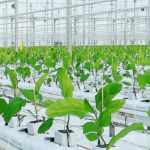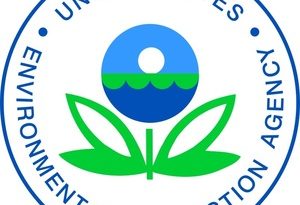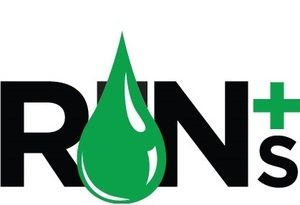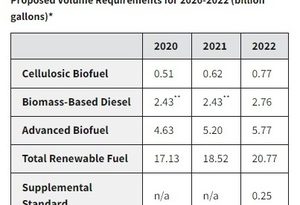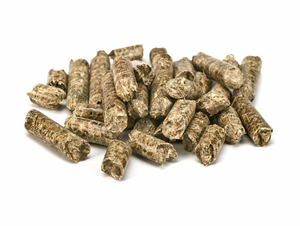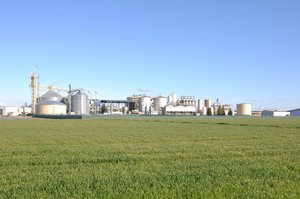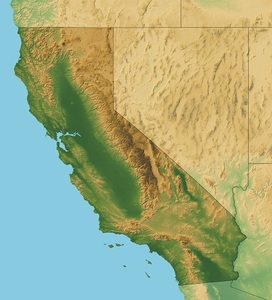EPA funds 12 anaerobic digestion projects
Energy Disrupter
ADVERTISEMENT
The U.S. EPA on Oct. 1 announced it is awarding $3 million to 12 food waste anaerobic digestion projects. The awards relate to the Winning on Reducing Food Waste Initiative, a partnership between the EPA, USDA and Food and Drug Administration that was launched in October 2018 that aims to reduce food loss and waste through individual and combined federal action.
Anaerobic digestion is a strategy included in EPA’s food recovery hierarchy that is preferable to landfilling or incineration because it reclaims resources, allowing food waste to be converted into fuel or fertilizer. This saves money and helps to reduce environmental impacts.
The twelve projects selected for funding are:
Central New York Technology Development Organization in Liverpool, New York—$235,440: TDO plans to use the funds to upgrade an existing facility by purchasing a baler to increase the volume and diversity of the processed feedstock, including packaged food waste and food waste with more contaminants. The investment will improve the capacity of the anaerobic digester and enable it to take in feedstocks that have higher percentages of packaging. The facility can then ship out bales of aggregated packaging rather than filling dumpsters with loose packaging, ultimately decreasing the costs associated with disposing of packaging and increasing processing speed.
Center for EcoTechnology in Northampton, Massachusetts—$290,422: The Center for EcoTechnology plans to work with government agencies, haulers, food businesses, trade associations, and other entities in New England and the Mid-Atlantic to provide technical assistance, training and capacity building that will develop and disseminate anaerobic digestion resources.
City of Oxnard in Oxnard, California—$182,000: The city plans to conduct a feasibility evaluation of the city’s organic waste for anaerobic digestion and to test run delivery to the city’s wastewater treatment plant for co-digestion.
Dickinson College in Carlisle, Pennsylvania—$300,000: The college’s project aims to advance co-digestion of food waste in small-scale farm digesters in the Mid-Atlantic region and nationally. The cornerstone of the project is a co-digestion demonstration for a diary digester scaled to regionally common farm size of less than 150 cows. The project is significant because there is currently no cost-effective model for digester operation on farms with less than 500 cows. The project builds on a program already established by the Dickinson College Farm and dining service that divers dining hall food waste to mini-digesters built by the college. Diversion of food waste from local schools and breweries will be incorporated into the program, amounting to approximately 350 tons of food waste diverted per year. The project also includes research to optimize feedstocks, extensive outreach efforts, case studies and a video documentary.
Emory University in Atlanta, Georgia—$298,502: The university plans to establish a prototype on its campus as a demonstration site for how to design anaerobic digestion that eliminates environmental justice concerns while demonstrating a solution for increasing anaerobic digestion of food waste that can be replicated by universities, corporations, local communities and governments. The prototype will address environmental justice concerns, including odor, noise, air quality and water quality.
Montana State University in Bozeman, Montana—$300,000: The grant awarded to the university will fund a 12-household, 2-year pilot study in Bozeman that will assess the potential of anaerobic digestion of food scraps to produce biofertilizer at the household level. Students, in cooperation with the city of Bozeman, will analyze the food waste generated by the households, develop mixes of food waste that can be anaerobically digested to nutritive fertilizers, and assess two different types of anaerobic digesters for their effectiveness and household usability. Following the conclusion of the research, students will produce outreach materials and conduct a workshop to facilitate the upscaling of anaerobic digestion in households.
North Central Texas Council of Governments in Arlington, Texas: The council plans to coordinate with stakeholders in the North Central Texas region to complete a food waste to fuel feasibility study.
Florida Atlantic University in Boca Raton, Florida—$195,426: The university plans to systematically develop the science needed to build the foundation of a regional organics diversion model that takes advantage of excess digester capacity at local wastewater treatment facilities.
University of California-Davis in Davis, California—$299,000: The university plans to demonstrate a system for biomass recycling that produces a concentrated ammonia fertilizer by optimizing their current digester system.
University of Illinois-Chicago in Chicago, Illinois—$300,000: The university’s Energy Resource Center will partner with state agencies, industry experts, water resource recovery facilities and communities, while leveraging the U.S. Department of Energy’s technical assistance outreach programs. The project is expected to provide at least 20 anaerobic digestion technical assessments utilizing EPA’s Co-Digestion Economic Analysis Tool (CoEAT) along with other tools, and will provide technical support to facilities and communities evaluating the use of new and existing anaerobic digesters to divert food waste from landfills. Educational assistance will be provided through workshops, training webinars and several anaerobic digestion project profiles.
University of Missouri-Columbia in Columbia, Missouri—$299,000: The university plans to use the funding to increase the use of anaerobic digestion for organic waste treatment and promote operational innovations for digestate management. The university also plans to establish partnership programs and training for farmers, schools, anaerobic digestion companies and governments.
Washington State University in Pullman, Washington—$129,727: WSU’s Center for Sustaining Agriculture and Natural Resources will use the grant to leverage data derived from WSU’s partnerships with other state institutions to identify three optimal areas in Washington for developing successful, multi-partner digester projects. WSU will then take advantage of the team’s expertise in research and extension relating to anaerobic digestion to interview potential anaerobic digestion partners, with the goal of exploring their interest in anaerobic digestion projects, the potential benefits and constraints that would affect their participation, and their particular industry’s risks and risk thresholds. The team will produce tailored research briefs to address concerns specific to each group of stakeholders and bring the most appropriate and willing stakeholders together in project charrettes to lay out tangible groundwork for viable anaerobic digester projects.









